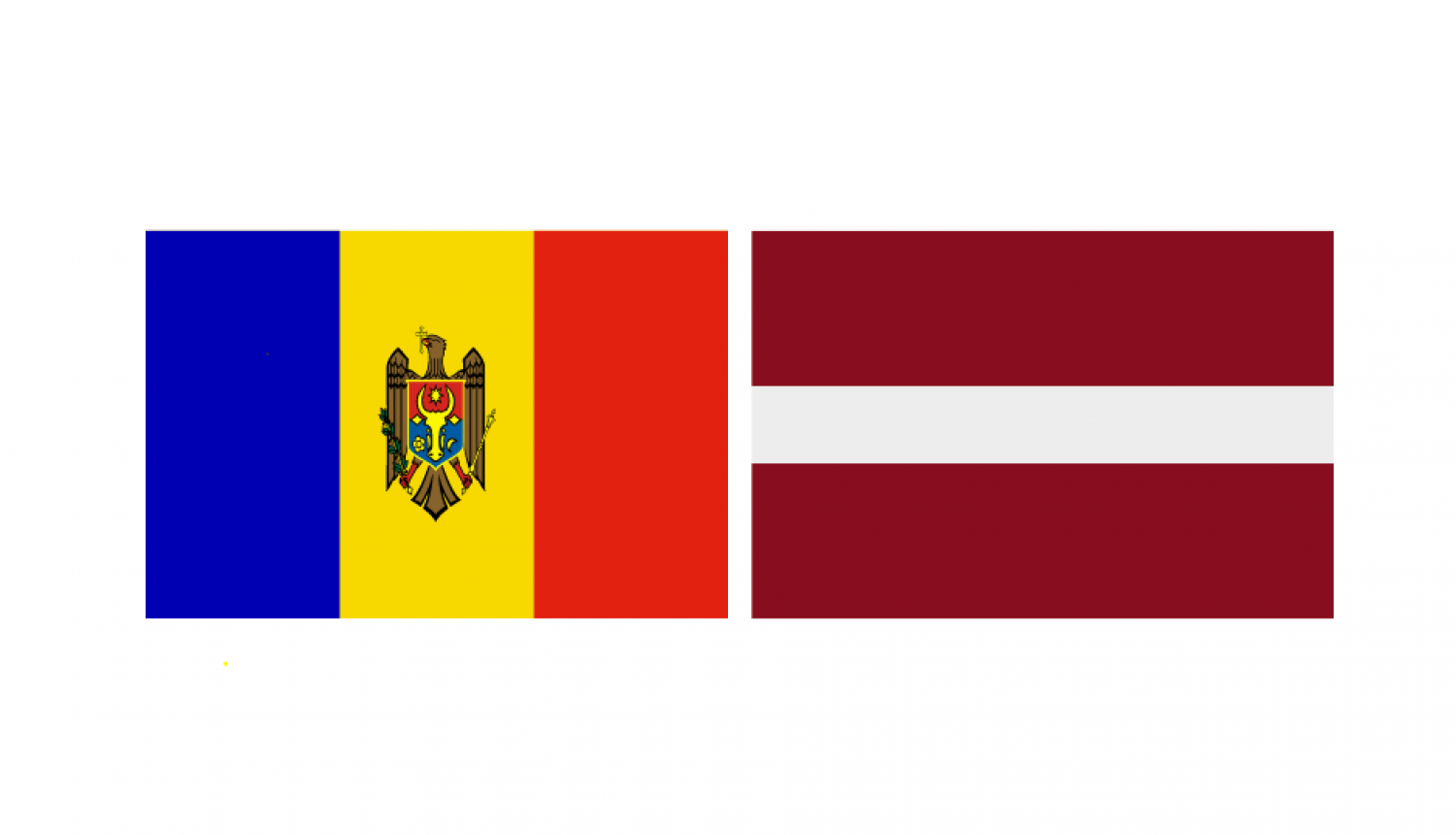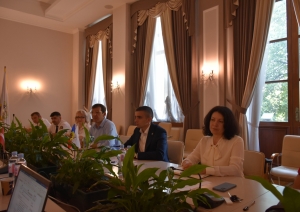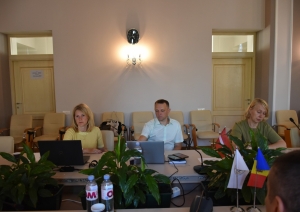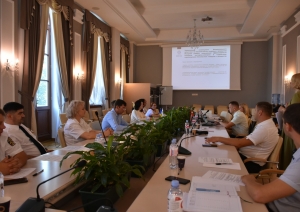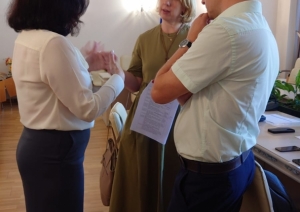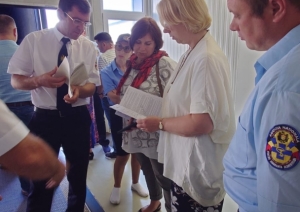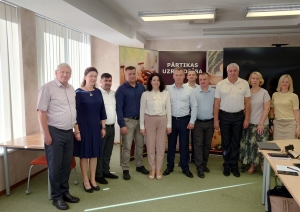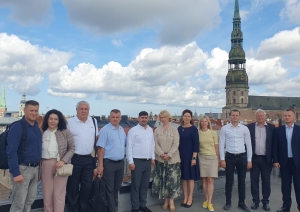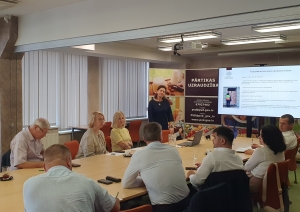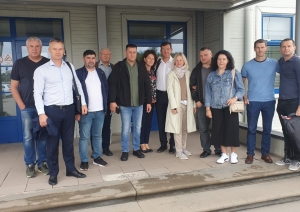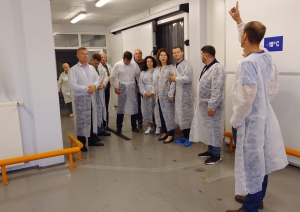Project Overview
The project aims to enhance and bolster the capabilities of Moldova's National Food Safety Agency (ANSA) by promoting the efficiency of export/import controls and facilitating the safe circulation of goods and products. As a candidate country for the European Union (EU), it is crucial for Moldova to improve its food, veterinary, and phytosanitary border control system in accordance with EU requirements. This improvement will not only increase Moldova's competitiveness in the EU market but also facilitate the import of safe food, healthy animals, and plants into the country.
Main Goals
The primary objective of the project is to improve and strengthen Moldova's food, veterinary, and phytosanitary border control system to align with the EU standards. By achieving this goal, we aim to promote Moldova's candidacy for the EU and ensure its compliance with the EU official controls Regulation (EU) 2017/625. This alignment will further cover the way for the use of the European Commission's data exchange system TRACES at border control posts.
Expected Results
Throughout the implementation of the project, we anticipate the following outcomes:
- Training of ANSA specialists: ANSA specialists will receive comprehensive training on the EU rules for ensuring border control of animals and products in line with the requirements of Regulation (EU) 2017/625. Additionally, they will be trained in the utilization of the TRACES system. The knowledge acquired will then be disseminated among inspectors operating at border control posts.
- Clarification of export requirements: The project will clarify the EU's export requirements for plants, animals, and food products from Moldova, thereby facilitating Moldova's exports to the EU market.
- Evaluation of border control posts: Two Moldovan border control posts will be evaluated according to COMMISSION IMPLEMENTING REGULATION (EU) 2019/1014, which specifies detailed rules and minimum requirements for border control posts and inspection centres. This evaluation aims to enhance the efficiency and effectiveness of these control posts.
- Recommendations for legislative amendments: The project will provide recommendations on the necessary amendments to Moldovan legislative acts, ensuring their alignment with EU requirements concerning animal, plant, and food border control.
- Development of control procedures: The project will propose modifications and advancements in control procedures, increasing transparency and reducing corruption risks in the border control system.
Funding
The Ministry of Foreign Affairs provided funding for this project in 2023 from the development cooperation budget. The total budget allocated for the project is EUR 34 399.
Through these activities, we strive to strengthen Moldova's position as a candidate country for EU membership and foster safer and more efficient cross-border trade of goods and products.
Project activities
10th July - 14th July 2023
The project kicked off with a significant visit by Border control experts from the Food and Veterinary Service (FVS) to the National Food Safety Agency (ANSA) of Moldova. Supported by the Ministry of Foreign Affairs of Latvia, this visit marks the beginning of the crucial development cooperation project aimed at strengthening the capabilities of ANSA. The project focuses on promoting the efficiency of export/import controls and ensuring the safe circulation of goods and products. During the visit, the FVS border control experts conducted a thorough evaluation of Moldova's existing food, veterinary and phytosanitary border control system. The purpose of this assessment is to prepare comprehensive recommendations for updating the import control system to align it with the EU Official Controls Regulation and its implementing legislation. This alignment will play a crucial role in preparing Moldova for its future accession to the European Union.
The FVS experts shared their extensive experience and provided training to their Moldovan colleagues on various topics related to border control and EU regulations. The training covered areas such as animal and product control, private baggage control, cooperation with other border control services and the utilization of information systems and tools for effective border control operations. Additionally, Moldovan export of food products to the EU was also addressed during the training.
The next project activity is scheduled for the beginning of September. During this phase, ANSA experts will visit Latvia to familiarize themselves with the organization of animal and product border control processes in Latvia. The visit will include observations and assessments of border control posts situated on roads, ports, and railways.
At the end of the project, ANSA will organize further training on the issues addressed in the project - application of regulatory acts, document, identity and physical controls, including risk analysis and monitoring of all processes that have a direct or indirect impact on the safety of goods and products


